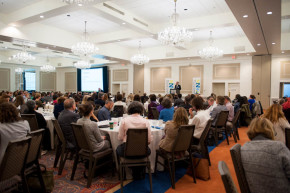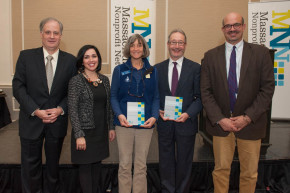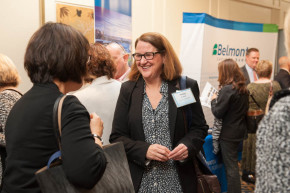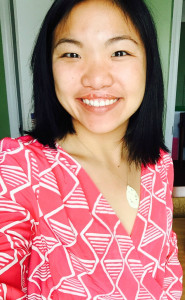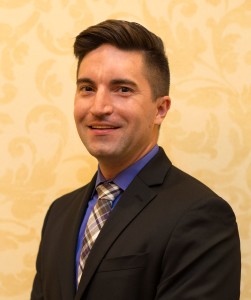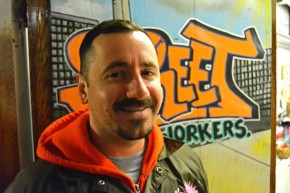 By Gail Snow Moraski, Principal and Digital Marketer, Results Communications and Research
By Gail Snow Moraski, Principal and Digital Marketer, Results Communications and Research
Anyone who’s held a discussion with me about marketing and development activities knows I’m a huge fan of online advertising. Because search engine networks, such as Google AdWords, and social media platforms, such as Facebook, allow advertisers to execute campaigns where they only pay when a target-audience member clicks on a “pay-per-click” ad, advertising on the aforementioned networks/platforms can be quite cost-effective, particularly since you still get valuable, awareness-generating “impressions” for free!
Because many nonprofit organizations aren’t looking to receive compensation for their services, individuals charged with marketing and development activities may assume online advertising doesn’t make sense for them. It’s very reasonable to think that our “featured” marketing vehicle only makes sense for for-profit businesses looking to generate product and service sales. With the ideas shared below, I hope to shake up those preconceived notions and shed light on why I believe there is a role for online advertising in a nonprofit’s marketing and development toolbox.
Fundraising Application
As I’ve shared with nonprofit contacts, while the individuals who comprise their target audience may not be directly searching for the contact’s upcoming fundraising event(s), those individuals may still be searching on terms that have some relevancy to the fundraising activity. For example, let’s say an organization holds an annual holiday high tea to support development goals. The organization would likely benefit from running search engine (“paid search”) ads targeted to women, aged 25+ and residing in relevant geographies, who are entering terms in a search engine which indicate they are trying to identify local, charitable, holiday events to attend with their girlfriends, sisters, moms, etc.
In addition to running paid search advertising to create event awareness and ticket sales among “searchers”, the organization should consider running display/image ads on a variety of social media platforms and/or search engine “display” networks, like Google AdWords Display. In lieu of presenting ads to individuals based on their “search” behavior, social media and display networks offer the option to have ads presented to individuals who have certain interests, read about certain topics, or who visit certain Web sites (“placements”).
The type of targeting selected to promote an event may be very closely or very loosely tied to its nature. For example, if an organization is selling tickets to a cooking class “fundraiser”, it would make great sense to target individuals who have an interest in or read articles about cooking, or who visit cooking Web sites. But, in the case of our high-tea fundraiser, there may not be an obvious “interest” or “topic” target to pursue, and targeting may simply consist of having ads presented to women who meet an organization’s geography requirements and who visit Web sites known to have large female readerships.
The above scenario should apply as well to causing individuals to make donations. Presenting ads to audiences whose demographics and interests make them good donation targets should serve to create awareness or reminders of your organization, and therefore, support donation-making.
Driving Non-Monetary Actions
Online advertising can also be used to cause target audiences to take important non-monetary actions. For example, display/image ads presented to appropriate individuals can cause a note-worthy percentage to click to “sign up for a weekly e-blast,” “learn more about volunteering” or “complete our survey to help us serve our constituents better.”
When putting together your marketing and communications plan for a campaign – whether its purpose be to grow funds, volunteers, e-communication sign-ups, or awareness – be sure to give ample thought to what campaign objectives might be achieved if you included online advertising as a tactic, and the opportunities that might be lost if you forego this cost-effective tactic.
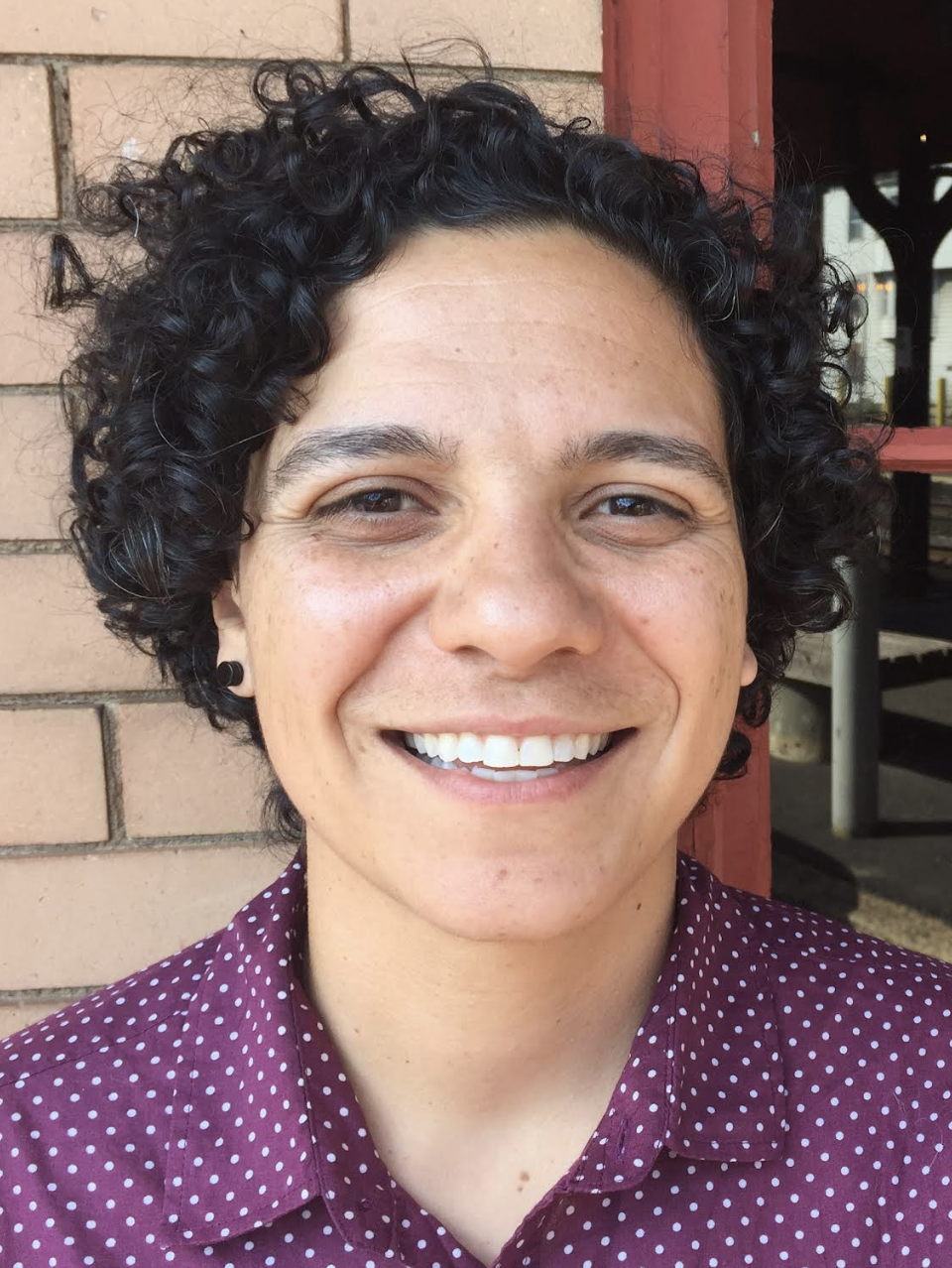 Simone de Oliveira
Simone de Oliveira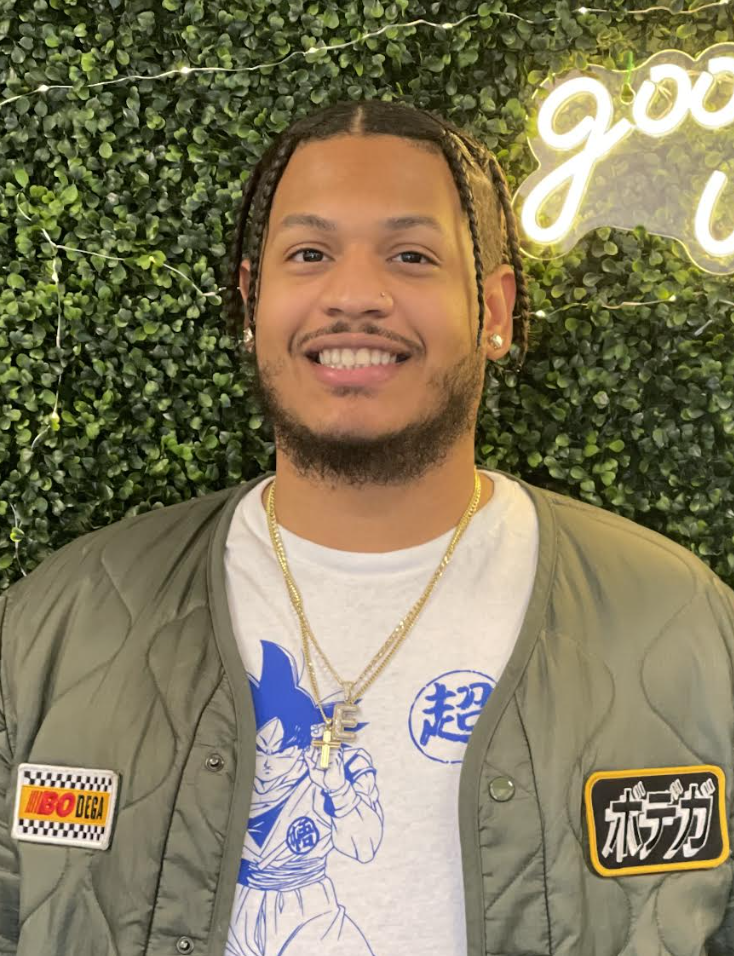 A Boston native, Erick Ramirez graduated from Bridgewater State University with a bachelor’s in social work and a minor in Criminal Justice. He gained a depth and breadth of experience through numerous internships in human services which fueled his interest in a non-profit career. Erick brings this experience, together with his passion for engaging with youth, and his belief that their potential is limitless, to his work. Erick began his connection to the West End House community in 2010 and worked part-time during college before securing a full-time role with West End House in 2020 as Teen Outreach & Engagement Coordinator. Erick’s passion for the mission, and strong work ethic over the last 5 years, accelerated his professional growth, resulting in his recent promotion to Director of Teen Impact.
A Boston native, Erick Ramirez graduated from Bridgewater State University with a bachelor’s in social work and a minor in Criminal Justice. He gained a depth and breadth of experience through numerous internships in human services which fueled his interest in a non-profit career. Erick brings this experience, together with his passion for engaging with youth, and his belief that their potential is limitless, to his work. Erick began his connection to the West End House community in 2010 and worked part-time during college before securing a full-time role with West End House in 2020 as Teen Outreach & Engagement Coordinator. Erick’s passion for the mission, and strong work ethic over the last 5 years, accelerated his professional growth, resulting in his recent promotion to Director of Teen Impact. Cathy Tranfaglia i
Cathy Tranfaglia i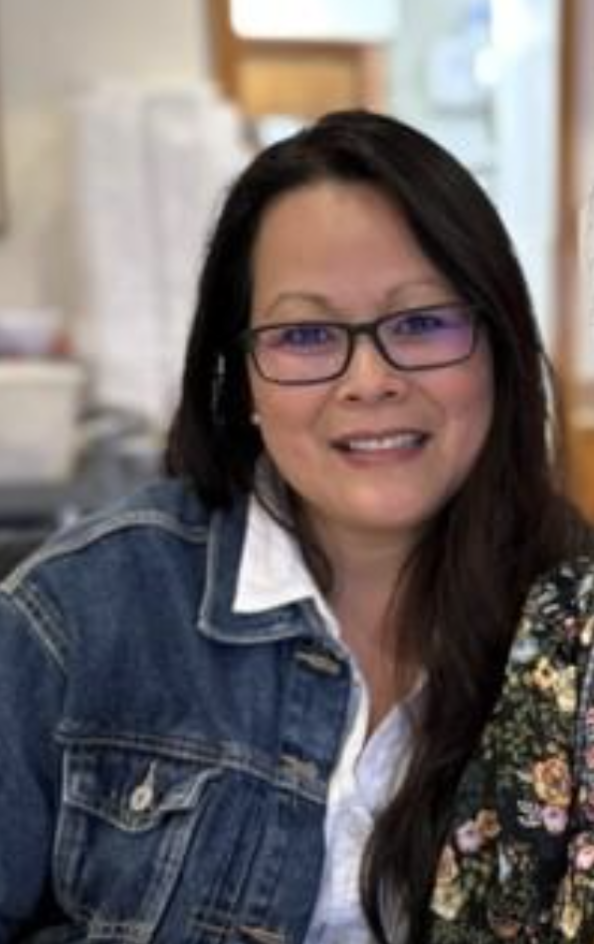 Lan Baker is
Lan Baker is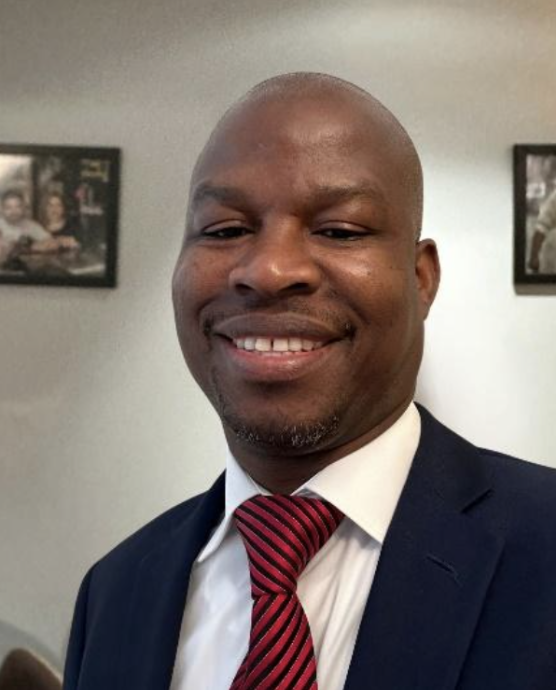 Wilfrix Cherazard
Wilfrix Cherazard 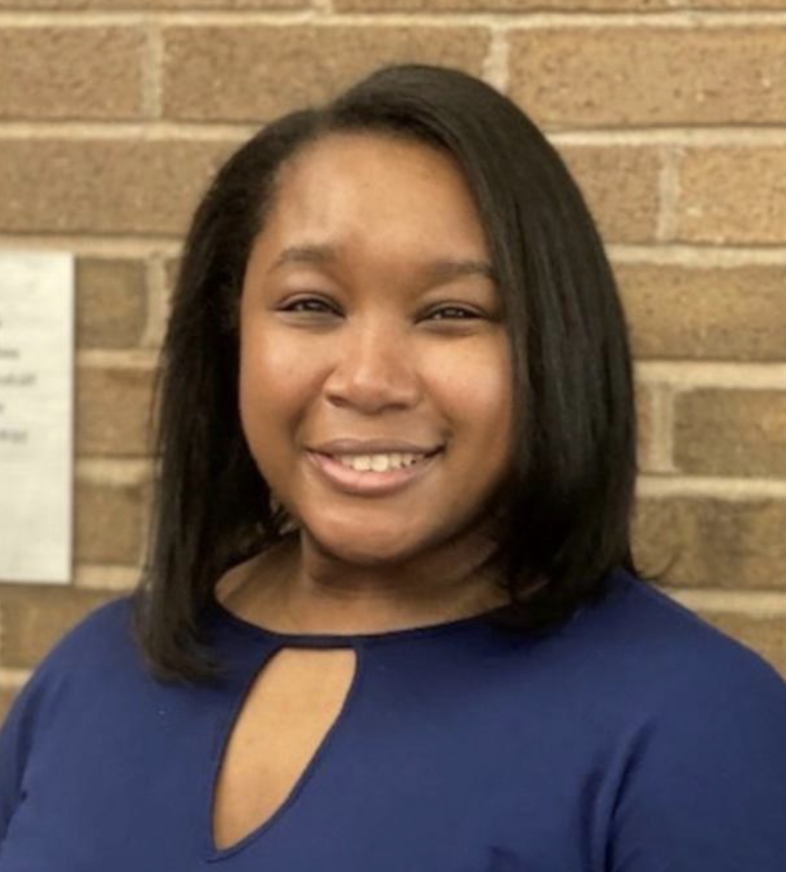 Saaran Sillah
Saaran Sillah 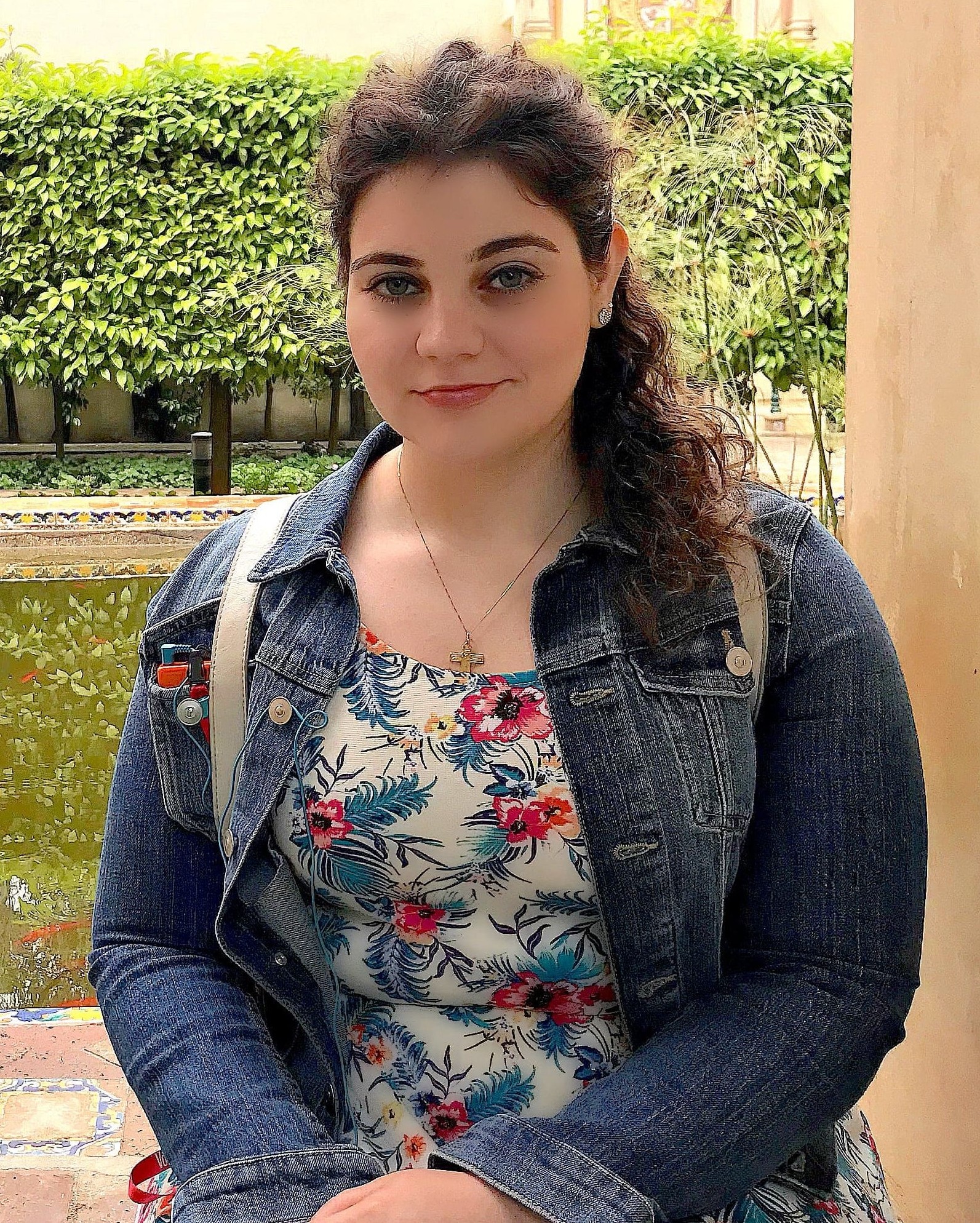
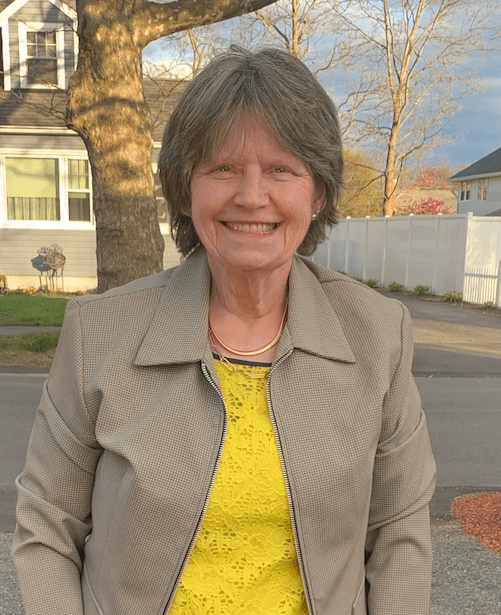 Rosemary Connelly works in the facilities department as a Housekeeper for the
Rosemary Connelly works in the facilities department as a Housekeeper for the
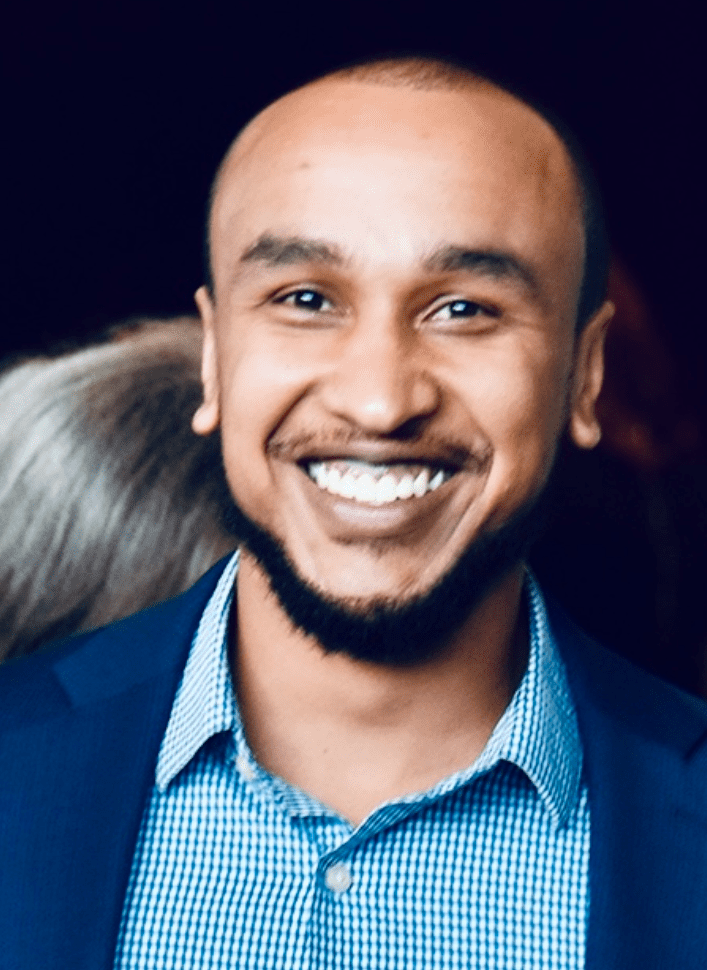 Desmond Kennard, Assistant Director at Young Man with a Plan. Young Man with a Plan is a holistic mentoring program that works with 180 Black and Latino males across Boston. The program recruits students in ninth-grade and connects them with male of color mentors who work with them throughout high school and beyond.
Desmond Kennard, Assistant Director at Young Man with a Plan. Young Man with a Plan is a holistic mentoring program that works with 180 Black and Latino males across Boston. The program recruits students in ninth-grade and connects them with male of color mentors who work with them throughout high school and beyond.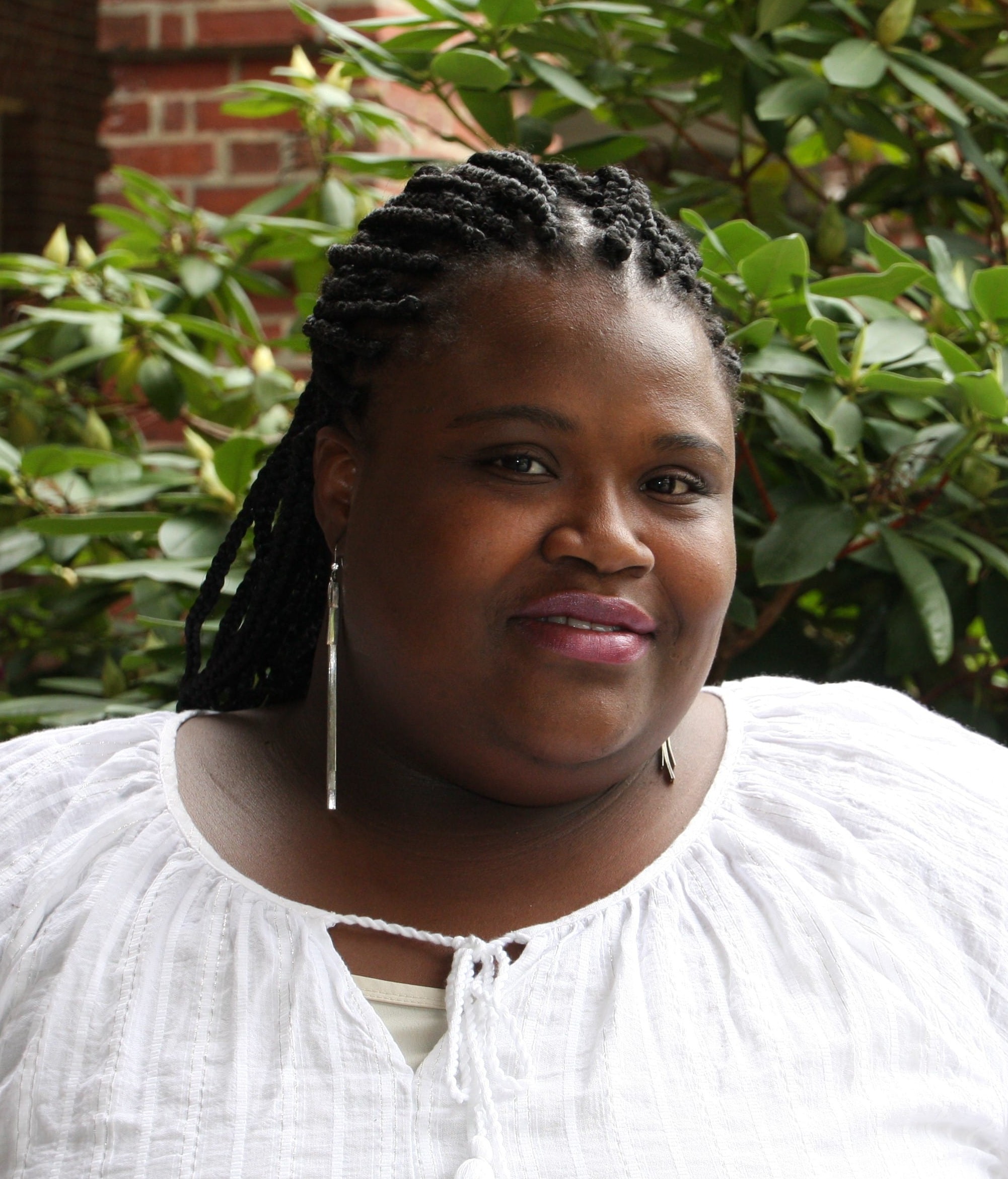 Marie Joseph, Evening Coordinator at The Boston Home. The Boston Home cares for adults with advanced progressive neurological disorders, primarily multiple sclerosis. The residents require a 24 hour-care, including assistance with activities of daily life, such as eating, bathing and dressing. Marie oversees operations of the busy evening shift, and ensures both residents and staff are taken care of.
Marie Joseph, Evening Coordinator at The Boston Home. The Boston Home cares for adults with advanced progressive neurological disorders, primarily multiple sclerosis. The residents require a 24 hour-care, including assistance with activities of daily life, such as eating, bathing and dressing. Marie oversees operations of the busy evening shift, and ensures both residents and staff are taken care of.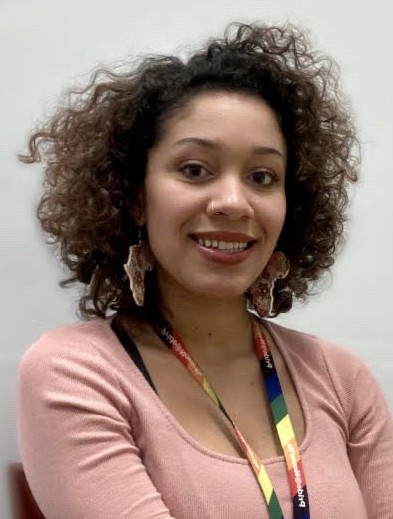 Maya Dixon, an advocate at Women’s Lunch Place, an organization that provides support to women experiencing hunger, homelessness, and poverty. They create a safe, welcoming day shelter community and integrate services focused on nutrition, health, housing, and economic empowerment.
Maya Dixon, an advocate at Women’s Lunch Place, an organization that provides support to women experiencing hunger, homelessness, and poverty. They create a safe, welcoming day shelter community and integrate services focused on nutrition, health, housing, and economic empowerment.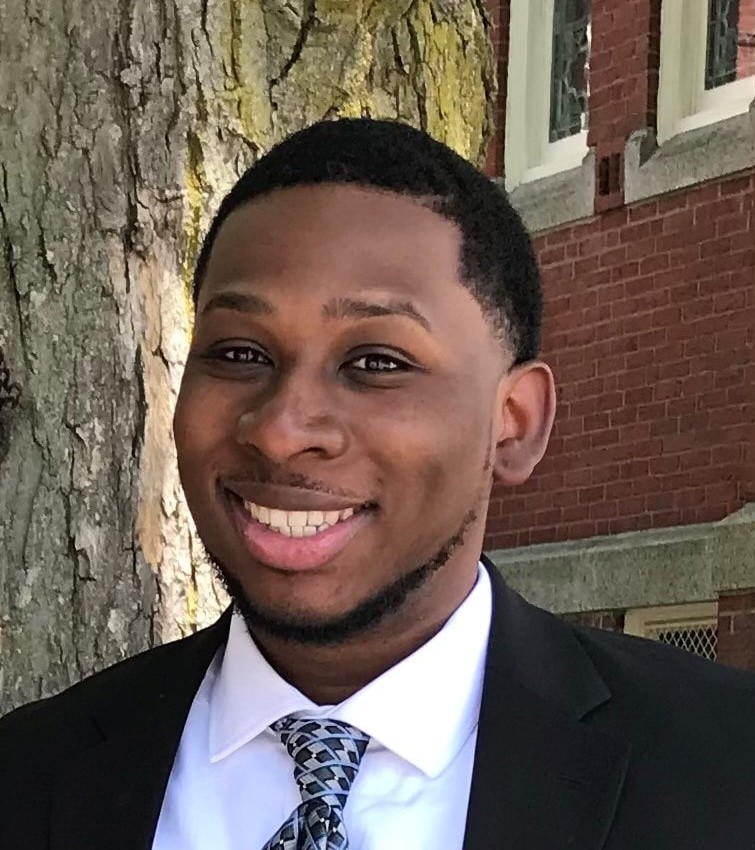 Patrick Remy is the Program Services Specialist at Easterseals MA, an organization that provides services to ensure that children and adults with disabilities have equal opportunities to live, learn, work, and play. As the Program Services Specialist, Patrick is tireless in serving the youth across the state and around the clock through programs such as the Youth Leadership Network, the Brotherhood Against Discrimination (BAD) Mentorship Program, and Accessible Martial Arts. He is committed to using creativity to inspire youth to become future leaders and advocates to make change in society. Patrick hopes that his work to help these youth see themselves as leaders, and by providing them with mentorship and guidance, will help ensure that the next generation will be made up of a more diverse leadership representing the disability population.
Patrick Remy is the Program Services Specialist at Easterseals MA, an organization that provides services to ensure that children and adults with disabilities have equal opportunities to live, learn, work, and play. As the Program Services Specialist, Patrick is tireless in serving the youth across the state and around the clock through programs such as the Youth Leadership Network, the Brotherhood Against Discrimination (BAD) Mentorship Program, and Accessible Martial Arts. He is committed to using creativity to inspire youth to become future leaders and advocates to make change in society. Patrick hopes that his work to help these youth see themselves as leaders, and by providing them with mentorship and guidance, will help ensure that the next generation will be made up of a more diverse leadership representing the disability population. 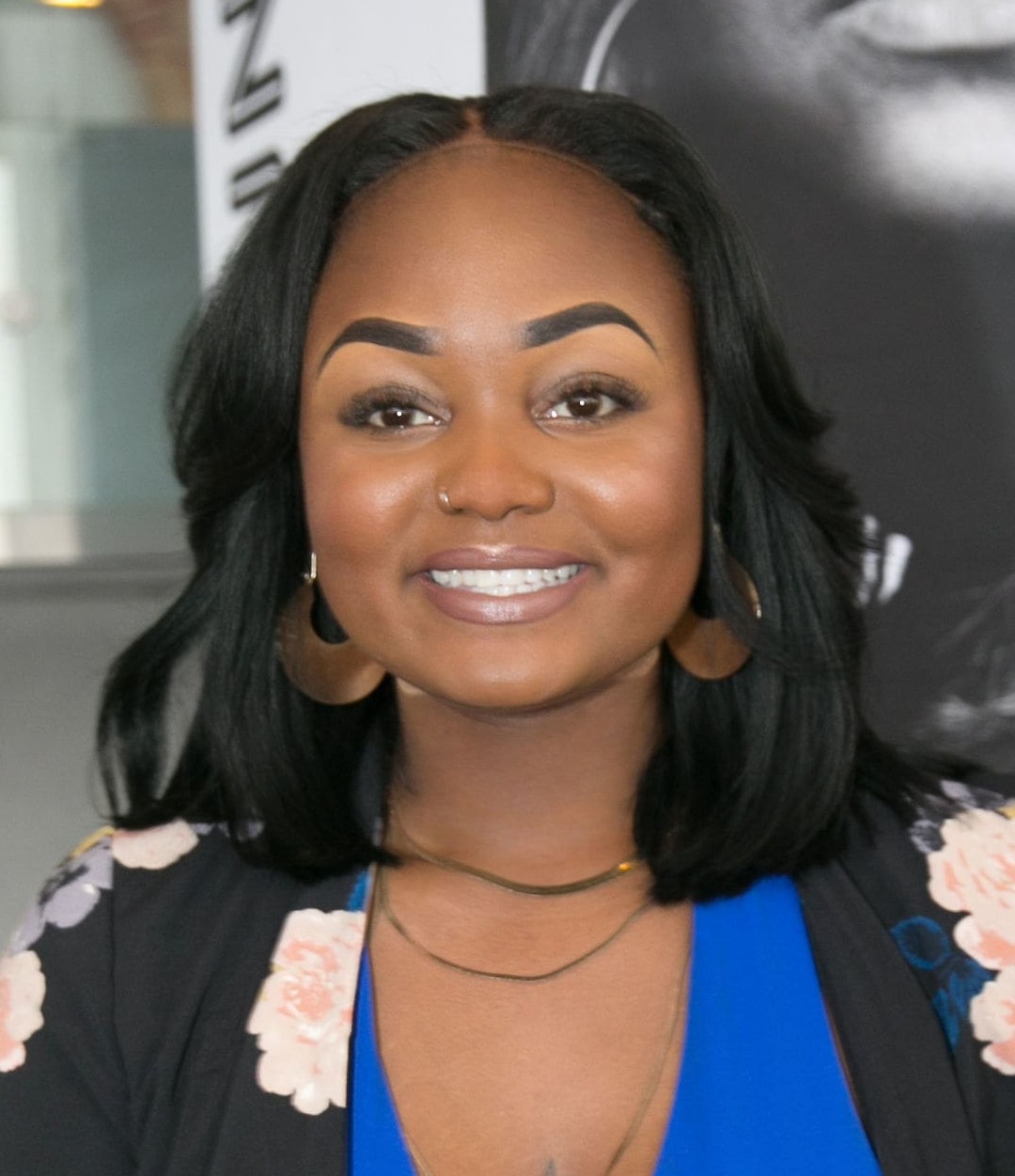 Lealah Fulton is the Communications Associate at Boston Uncornered, which provides neighborhood-based mentors and financial support to the gang involved youth (who they know as Core Influencers) as they pursue college degrees and family-sustaining wage. As the Communications Associate, Lealah increases the presence and visibility of Boston Uncornered through communications initiatives, including public relations, social media, and collateral creation. She crafts compelling narratives that redefine and amplify the voices of Uncornered students to the public, who often see the students as dangerous, scary gang members. Lealah shows the public that Uncornered students have the skills and ability to be scholars, leaders, and entrepreneurs.
Lealah Fulton is the Communications Associate at Boston Uncornered, which provides neighborhood-based mentors and financial support to the gang involved youth (who they know as Core Influencers) as they pursue college degrees and family-sustaining wage. As the Communications Associate, Lealah increases the presence and visibility of Boston Uncornered through communications initiatives, including public relations, social media, and collateral creation. She crafts compelling narratives that redefine and amplify the voices of Uncornered students to the public, who often see the students as dangerous, scary gang members. Lealah shows the public that Uncornered students have the skills and ability to be scholars, leaders, and entrepreneurs.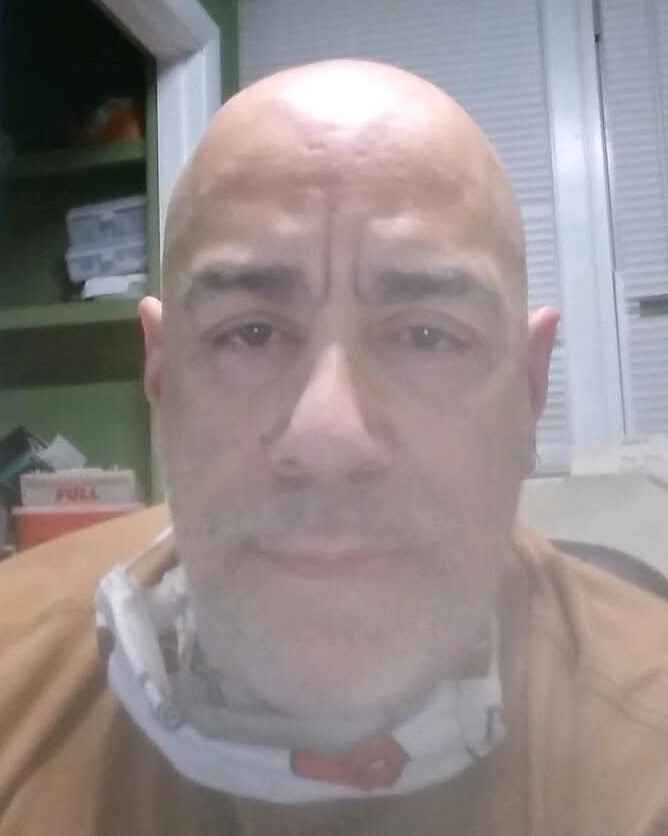 Angel Nazario is the Program Advocate at Turning Point Shelter, which works to improve the quality of life of low-income and disadvantaged individuals and families by advocating for their needs and rights; providing services, support, and resources; and educating the community. As the Program Advocate at Turning Point shelter, Angel ensures the safety and well being of all the shelter’s residents. For 17 years, Angel has been a humble, unsung hero who approaches his work with a quiet strength and compassion for the men he works with. Both his coworkers and the shelters’ residents look to him for leadership, guidance, and support.
Angel Nazario is the Program Advocate at Turning Point Shelter, which works to improve the quality of life of low-income and disadvantaged individuals and families by advocating for their needs and rights; providing services, support, and resources; and educating the community. As the Program Advocate at Turning Point shelter, Angel ensures the safety and well being of all the shelter’s residents. For 17 years, Angel has been a humble, unsung hero who approaches his work with a quiet strength and compassion for the men he works with. Both his coworkers and the shelters’ residents look to him for leadership, guidance, and support. 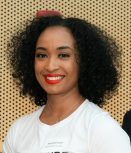
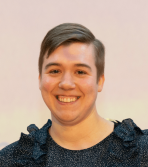
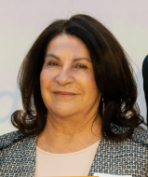
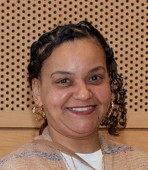
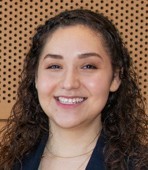 Alma is the Bilingual Services Coordinator at Boston Area Rape Crisis Center (BARCC). Her coworkers calls is the nerve center, connecting survivors of sexual assault and their families to the programs and services at BARCC that can help them. She is an integral part of the team, connecting survivors and their loved ones with BARCC’s counseling, case management, and legal advocacy programs. An equally important part of Alma’s job is not just what she does, but how she does it: because of her consistently calm and kind attitude, survivors can feel safe with her on the other end of the phone. Despite her long list of day-to-day responsibilities, Alma goes above and beyond to support the organization and its clients: she comes in early to set up for organizational events, sits on an informal BARCC committee that advocates for immigrants’ protection, and translates communications materials into Spanish. Her ability to move between English and Spanish-speaking worlds is an asset to BARCC. Born in Mexico and raised in a small Florida town, Alma can navigate the intersections of culture, language, and attitudes around sexual violence in order to best serve her clients. One client that Alma remembers drives this point home. She remembers working long hours to keep up with the deluge of calls that came in during the much-publicized Kavanaugh hearings. The client, a Spanish speaker, had seen the hearings on television and had decided to speak up about his own experience with sexual abuse. “This client saw Christine Blassey Ford’s testimony and said, ‘I recognized her pain,’” says Alma. “He said, ‘maybe I deserve to be heard, too.’”
Alma is the Bilingual Services Coordinator at Boston Area Rape Crisis Center (BARCC). Her coworkers calls is the nerve center, connecting survivors of sexual assault and their families to the programs and services at BARCC that can help them. She is an integral part of the team, connecting survivors and their loved ones with BARCC’s counseling, case management, and legal advocacy programs. An equally important part of Alma’s job is not just what she does, but how she does it: because of her consistently calm and kind attitude, survivors can feel safe with her on the other end of the phone. Despite her long list of day-to-day responsibilities, Alma goes above and beyond to support the organization and its clients: she comes in early to set up for organizational events, sits on an informal BARCC committee that advocates for immigrants’ protection, and translates communications materials into Spanish. Her ability to move between English and Spanish-speaking worlds is an asset to BARCC. Born in Mexico and raised in a small Florida town, Alma can navigate the intersections of culture, language, and attitudes around sexual violence in order to best serve her clients. One client that Alma remembers drives this point home. She remembers working long hours to keep up with the deluge of calls that came in during the much-publicized Kavanaugh hearings. The client, a Spanish speaker, had seen the hearings on television and had decided to speak up about his own experience with sexual abuse. “This client saw Christine Blassey Ford’s testimony and said, ‘I recognized her pain,’” says Alma. “He said, ‘maybe I deserve to be heard, too.’” Randy is the Art Director at Cardinal Cushing Centers. He develops the art curricula and provides instruction for all 115 students with intellectual disabilities and autism at Cardinal Cushing Centers’ Hanover school program. Randy welcomes all students with infectious positive energy, in part because it helps him achieve an important goal: developing students’ confidence and expanding their abilities to express themselves through art. “In the studio, I create an environment that allows students to achieve their highest level of success through challenging, innovative art,” he says. The students of Cardinal Cushing Centers were what drew Randy in. He begun running the summer art program at Cardinal Cushing Centers after a job at an ad agency left him feeling unfulfilled. 33 years later, he still eats lunch with the students, goes to recess, and maintains a studio where he can see into his students’ inner lives in a way that many cannot. The story of one student characterizes this innate ability. Randy recalls that during the first time he met Nick, who is on the autism spectrum, “he just paced up and down the room.” Randy knew that what Nick needed was space, safety, and time, and patiently gave Nick just that. After several weeks, Nick slowly opened up and began sharing with Randy his art- and what he shared was astounding. “His work developed into the most unbelievable abstracts,” Randy said. Now, Nick is a professional artist and his work has garnered an impressive following. It doesn’t matter to Randy if his students achieve professional artistic success like Nick. He just feels lucky to help them along on their journeys of self-expression. “Every day is a true joy and blessing,” he says.
Randy is the Art Director at Cardinal Cushing Centers. He develops the art curricula and provides instruction for all 115 students with intellectual disabilities and autism at Cardinal Cushing Centers’ Hanover school program. Randy welcomes all students with infectious positive energy, in part because it helps him achieve an important goal: developing students’ confidence and expanding their abilities to express themselves through art. “In the studio, I create an environment that allows students to achieve their highest level of success through challenging, innovative art,” he says. The students of Cardinal Cushing Centers were what drew Randy in. He begun running the summer art program at Cardinal Cushing Centers after a job at an ad agency left him feeling unfulfilled. 33 years later, he still eats lunch with the students, goes to recess, and maintains a studio where he can see into his students’ inner lives in a way that many cannot. The story of one student characterizes this innate ability. Randy recalls that during the first time he met Nick, who is on the autism spectrum, “he just paced up and down the room.” Randy knew that what Nick needed was space, safety, and time, and patiently gave Nick just that. After several weeks, Nick slowly opened up and began sharing with Randy his art- and what he shared was astounding. “His work developed into the most unbelievable abstracts,” Randy said. Now, Nick is a professional artist and his work has garnered an impressive following. It doesn’t matter to Randy if his students achieve professional artistic success like Nick. He just feels lucky to help them along on their journeys of self-expression. “Every day is a true joy and blessing,” he says.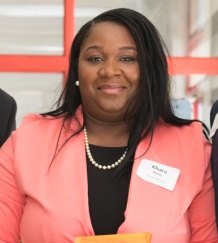 Khara Burns has been working for Project Bread for 11 years, first as a Hotline Counselor and now as the Director of the Hotline. But her involvement with this organization and its mission of eradicating the root causes of hunger started long before joining the staff. Beginning at age 8, Khara joined her aunt in walking in the organization’s annual Walk for Hunger every year. “At that age, I didn’t know exactly what we were walking for,” she remembers. But as someone who grew up in a single-parent household that relied on public housing, food pantries, and other types of food assistance to make ends meet, Khara found her professional calling: using her ability to walk in the shoes of a hungry person to understand the particular needs of those who are food-insecure. “Coming from a household where my mom had to seek out those types of assistance, I can approach each caller’s needs from a place of love and understanding, not one of judgment.” Khara and her team of three assist approximately 30,000 callers each year in accessing immediate resources like food pantries, and long-term supports like SNAP benefits to work towards a Massachusetts where no one goes hungry. She goes above and beyond to provide callers with the resources they need to address their multiple needs: in under 10 minutes on the phone, she’s able to develop a relationship with them and is often brought to the point of tears from listening to their stories.
Khara Burns has been working for Project Bread for 11 years, first as a Hotline Counselor and now as the Director of the Hotline. But her involvement with this organization and its mission of eradicating the root causes of hunger started long before joining the staff. Beginning at age 8, Khara joined her aunt in walking in the organization’s annual Walk for Hunger every year. “At that age, I didn’t know exactly what we were walking for,” she remembers. But as someone who grew up in a single-parent household that relied on public housing, food pantries, and other types of food assistance to make ends meet, Khara found her professional calling: using her ability to walk in the shoes of a hungry person to understand the particular needs of those who are food-insecure. “Coming from a household where my mom had to seek out those types of assistance, I can approach each caller’s needs from a place of love and understanding, not one of judgment.” Khara and her team of three assist approximately 30,000 callers each year in accessing immediate resources like food pantries, and long-term supports like SNAP benefits to work towards a Massachusetts where no one goes hungry. She goes above and beyond to provide callers with the resources they need to address their multiple needs: in under 10 minutes on the phone, she’s able to develop a relationship with them and is often brought to the point of tears from listening to their stories.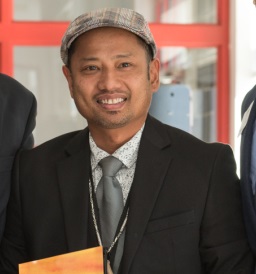
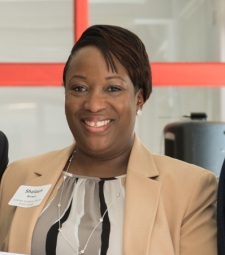

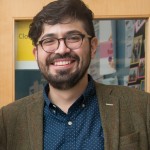 Juan Manuel Cantu, Jr., Hyde Square Task Force
Juan Manuel Cantu, Jr., Hyde Square Task Force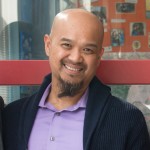 Tha Thai, Roca, Inc.
Tha Thai, Roca, Inc.





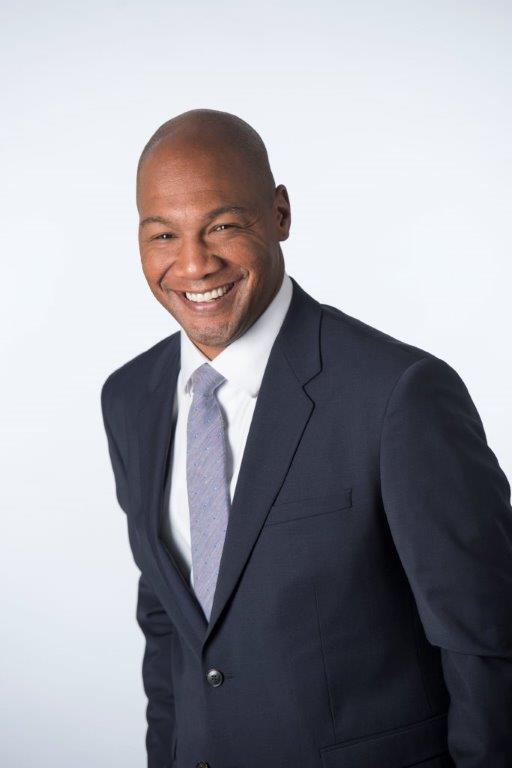














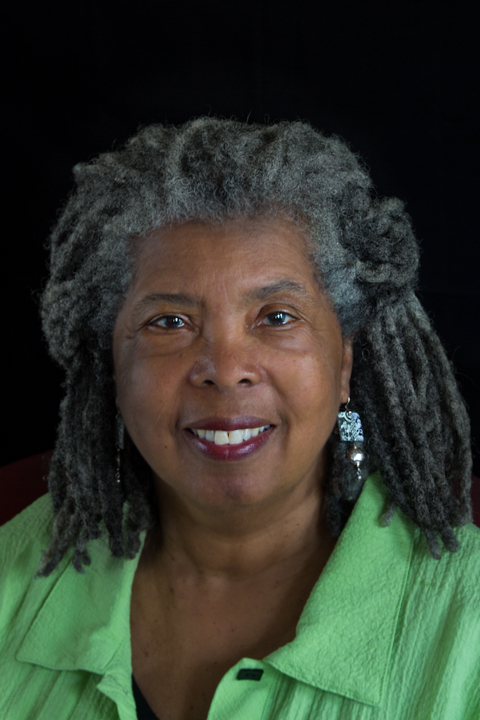








 Theresa “T” Lindsey is the Head of Resilience for Citizens Bank and Chief of Staff for Corporate Security & Resilience (CS&R). CS&R is responsible for the physical and digital security of the Bank. Lindsey oversees Business Continuity, IT Continuity, Disaster Recovery and Business Incident Management. Lindsey’s chief responsibility is to ensure the continuity of operations should any event or situation disrupt – or threaten to disrupt – the delivery of financial services, and/or profoundly and negatively impact public confidence in the Bank.
Theresa “T” Lindsey is the Head of Resilience for Citizens Bank and Chief of Staff for Corporate Security & Resilience (CS&R). CS&R is responsible for the physical and digital security of the Bank. Lindsey oversees Business Continuity, IT Continuity, Disaster Recovery and Business Incident Management. Lindsey’s chief responsibility is to ensure the continuity of operations should any event or situation disrupt – or threaten to disrupt – the delivery of financial services, and/or profoundly and negatively impact public confidence in the Bank.












 Nick Strutt is a Senior Consultant at Vera Solutions and has experience working in research across a variety of fields, including technology for the social sector, agricultural development, international trade law, and maternal and childhood nutrition. Prior to Vera, Strutt spent more than three years in Ghana overseeing a large RCT evaluating a complementary food supplement for infants. Strutt holds a BA in Plant Genetics from Cornell University as well as an MS in Nutrition Science and Policy and an MA in Law and Diplomacy from Tufts University.
Nick Strutt is a Senior Consultant at Vera Solutions and has experience working in research across a variety of fields, including technology for the social sector, agricultural development, international trade law, and maternal and childhood nutrition. Prior to Vera, Strutt spent more than three years in Ghana overseeing a large RCT evaluating a complementary food supplement for infants. Strutt holds a BA in Plant Genetics from Cornell University as well as an MS in Nutrition Science and Policy and an MA in Law and Diplomacy from Tufts University. David Nero is the Chief Information Officer for The Perkins School for the Blind, where he provides strategy, leadership, and management for information services/technology across all Perkins programs. Prior to Perkins, Nero served as the Deputy Chief Information Officer and the Director of Technology for the City of Boston. He holds an MPA from the State University of New York at Albany and a BA in Political Science from the State University of New York at Cortland.
David Nero is the Chief Information Officer for The Perkins School for the Blind, where he provides strategy, leadership, and management for information services/technology across all Perkins programs. Prior to Perkins, Nero served as the Deputy Chief Information Officer and the Director of Technology for the City of Boston. He holds an MPA from the State University of New York at Albany and a BA in Political Science from the State University of New York at Cortland.

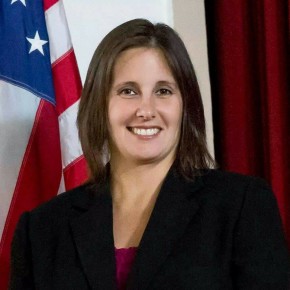
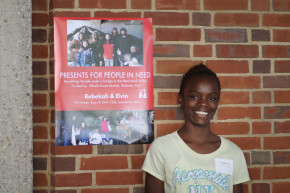 Aaron’s Presents is a youth development program dedicated to inspiring kids to give of themselves for the good of the world. It provides children the guidance and resources they need to carry out an idea that helps or serves at least one other person, animal, or the environment. Aaron’s Presents is interested in having kids experience first-hand the happiness and empowerment that come from having a positive impact on others, in their own way, at their own time, using their unique qualities. In just three years, with a budget of under $100,000 and two primary Project Mentors, Aaron’s Presents mentored 626 kids ages 7 to 14 in the Merrimack Valley and North Shore, who have in turn completed 291 unique projects that have benefited over 24,000 individuals in their communities.
Aaron’s Presents is a youth development program dedicated to inspiring kids to give of themselves for the good of the world. It provides children the guidance and resources they need to carry out an idea that helps or serves at least one other person, animal, or the environment. Aaron’s Presents is interested in having kids experience first-hand the happiness and empowerment that come from having a positive impact on others, in their own way, at their own time, using their unique qualities. In just three years, with a budget of under $100,000 and two primary Project Mentors, Aaron’s Presents mentored 626 kids ages 7 to 14 in the Merrimack Valley and North Shore, who have in turn completed 291 unique projects that have benefited over 24,000 individuals in their communities.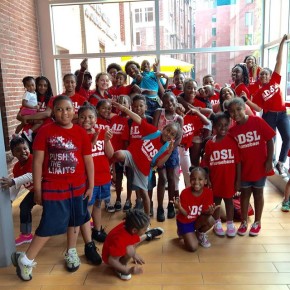 All Dorchester Sports & Leadership (ADSL) provides afterschool and out-of-school athletic, academic, enrichment, fitness and nutrition programs for youth in Dorchester. ADSL programs are designed to foster self-esteem, encourage healthy life choices, grow leaderships skills, and help participants become valuable members of the community. ADSL has collaborated with Tufts University to offer the “Fit Kitchen” program that provides an opportunity to teach children and their caregivers how to prepare healthy, tasty meals in an interactive class. Three years ago, ADSL was a seasonal sports organization offering limited academic support but since then, ADSL has quadrupled its participant numbers and is now open year round, seven days a week offering extensive afterschool and out-of-school programs.
All Dorchester Sports & Leadership (ADSL) provides afterschool and out-of-school athletic, academic, enrichment, fitness and nutrition programs for youth in Dorchester. ADSL programs are designed to foster self-esteem, encourage healthy life choices, grow leaderships skills, and help participants become valuable members of the community. ADSL has collaborated with Tufts University to offer the “Fit Kitchen” program that provides an opportunity to teach children and their caregivers how to prepare healthy, tasty meals in an interactive class. Three years ago, ADSL was a seasonal sports organization offering limited academic support but since then, ADSL has quadrupled its participant numbers and is now open year round, seven days a week offering extensive afterschool and out-of-school programs. Berkshire Baby Box’s mission is to provide all new families in Berkshire County with a free Baby Box that serves as a safe sleeping space for newborns. The box includes a firm mattress and fitted sheet, essential items to help ease the transition to new parenthood, and a connection to education, guidance, support, and local resources. It has partnered with organizations that work with expectant mothers, and have developed an Infant Care Baby Box workshop providing participants with information on safe sleep and the resources and services available to them. In June 2016, Berkshire Baby Box gave out their first Baby Boxes in North Adams, and by the end of 2016, they had become an all-county program. It is on track to provide 1,000 free Baby Boxes in 2017.
Berkshire Baby Box’s mission is to provide all new families in Berkshire County with a free Baby Box that serves as a safe sleeping space for newborns. The box includes a firm mattress and fitted sheet, essential items to help ease the transition to new parenthood, and a connection to education, guidance, support, and local resources. It has partnered with organizations that work with expectant mothers, and have developed an Infant Care Baby Box workshop providing participants with information on safe sleep and the resources and services available to them. In June 2016, Berkshire Baby Box gave out their first Baby Boxes in North Adams, and by the end of 2016, they had become an all-county program. It is on track to provide 1,000 free Baby Boxes in 2017.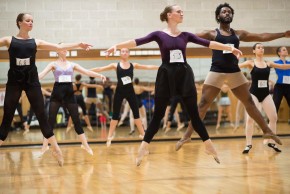 Boston Dance Alliance (BDA) builds capacity for dance by identifying and creating shared resources, information, and productive partnerships to help dance flourish across the Boston metropolitan area and the New England region. BDA programs offer a range of technical and business resources to help professional artists and dance teachers develop sustainable careers, including access to below-market rehearsal space at the Lyric Stage; BDA’s Open Call Audition; an annual dancewear distribution program serving financially disadvantaged dancers of all ages; a referral service for dancers with disabilities and those who want to work with them; and a partnership with the Boston Public Schools to share BDA’s unique portable dance floor. BDA believes that no one should be unable to dance because they can’t afford the equipment.
Boston Dance Alliance (BDA) builds capacity for dance by identifying and creating shared resources, information, and productive partnerships to help dance flourish across the Boston metropolitan area and the New England region. BDA programs offer a range of technical and business resources to help professional artists and dance teachers develop sustainable careers, including access to below-market rehearsal space at the Lyric Stage; BDA’s Open Call Audition; an annual dancewear distribution program serving financially disadvantaged dancers of all ages; a referral service for dancers with disabilities and those who want to work with them; and a partnership with the Boston Public Schools to share BDA’s unique portable dance floor. BDA believes that no one should be unable to dance because they can’t afford the equipment. 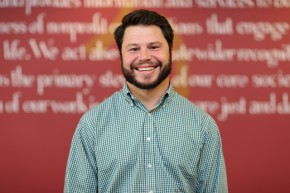
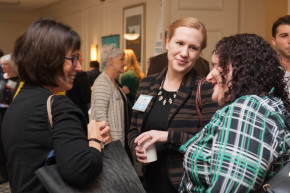 On November 2, 2016, 600 nonprofit leaders and business professionals gathered for a day of sharing, learning, and networking at MNN’s annual conference Moving Forward for a Better Commonwealth. This year’s conference focused on what it would take for the nonprofit sector to move forward in an ever-evolving social, economic, and political climate. Professionals representing every sub-sector and from every career level came together to draw upon the collective expertise of the entire sector.
On November 2, 2016, 600 nonprofit leaders and business professionals gathered for a day of sharing, learning, and networking at MNN’s annual conference Moving Forward for a Better Commonwealth. This year’s conference focused on what it would take for the nonprofit sector to move forward in an ever-evolving social, economic, and political climate. Professionals representing every sub-sector and from every career level came together to draw upon the collective expertise of the entire sector.